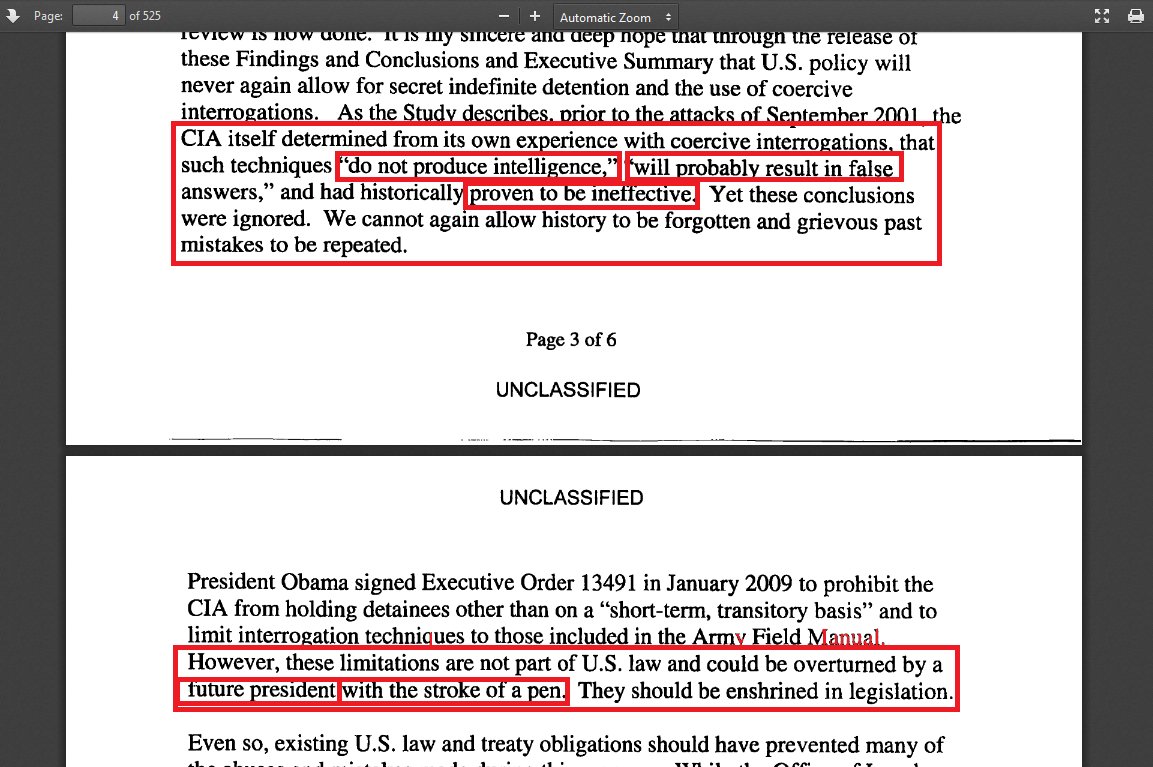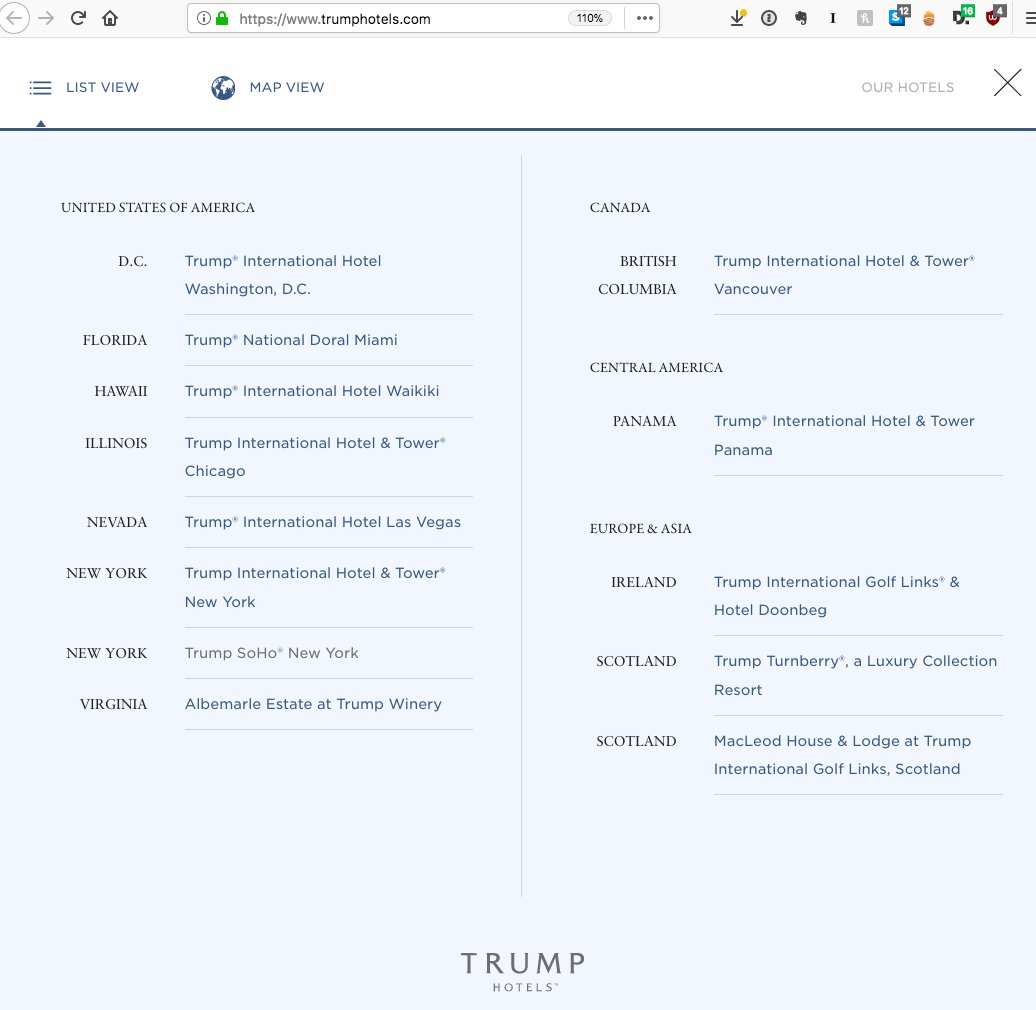There is so much going on in this
· A complaint process that is dependent on private debt collectors reporting on themselves."
"Other IRS policies may present risks to tax compliance, such as:
· Some payment terms do not comply with the letter of the law."
"TIGTA made several recommendations to improve program efficiency and protection of taxpayer rights. Although the IRS took some corrective actions during the audit, IRS management disagreed with most of the recommendations"
approximately $2.4 billion in additional revenue through Fiscal Year (FY) 2025"
• CBE Group
• ConServe
• Performant
• Pioneer
In the section on the IRS improperly sending debt of people in disaster areas to private collectors
"The PDC program communication strategy contradicted previous IRS
communications regarding the tax scam environment "
"Additionally, beginning in 2013, scams involving individuals impersonating IRS collection personnel in telephone calls to taxpayers (and more recently via e-mail) have developed into the largest scam in the IRS’s history"
"Since October 2013, ... about 10,000 victims have paid a combined total of more than $54 million"
"The IRS could use the Internet and social media more effectively. For example, the IRS.gov website previously referenced a YouTube.com public service announcement that was not actually on YouTube.com."
"IRS management disagreed with this recommendation. The IRS stated that TIGTA’s OI designed the current complaint process."
Follow up
"Office of Audit Comment: TIGTA’s OI also recommends the creation of a complaint panel."
Really disheartening
Keep exposing SSNs, don't get off the phone until you do
a preference to have as little to do with taxpayer accounts as possible once they are assigned to the PCAs."
One moral of the story is to pay on time or get assigned to the worst queue
Taxpayers will be beaten until morale improves
> IRS operational reviews reflect that one of the PCAs refers to missed payments as “broken promises.”
"Once a taxpayer’s account is assigned to a PCA, all future noncompliance issues will also become the purview and responsibility of that PCA."
"The law permits the assignment of inactive *tax receivables* to the PCAs. IRS PDC program policies and procedures appear to have assigned *taxpayers* to the PCAs so that future noncompliance becomes a problem for the PCAs to solve.
"In fact, throughout this audit, IRS personnel have described the assignment of “entities” to PCAs as opposed to accounts."
updated information to the IRS because it would need to build the capability to incorporate the information."










